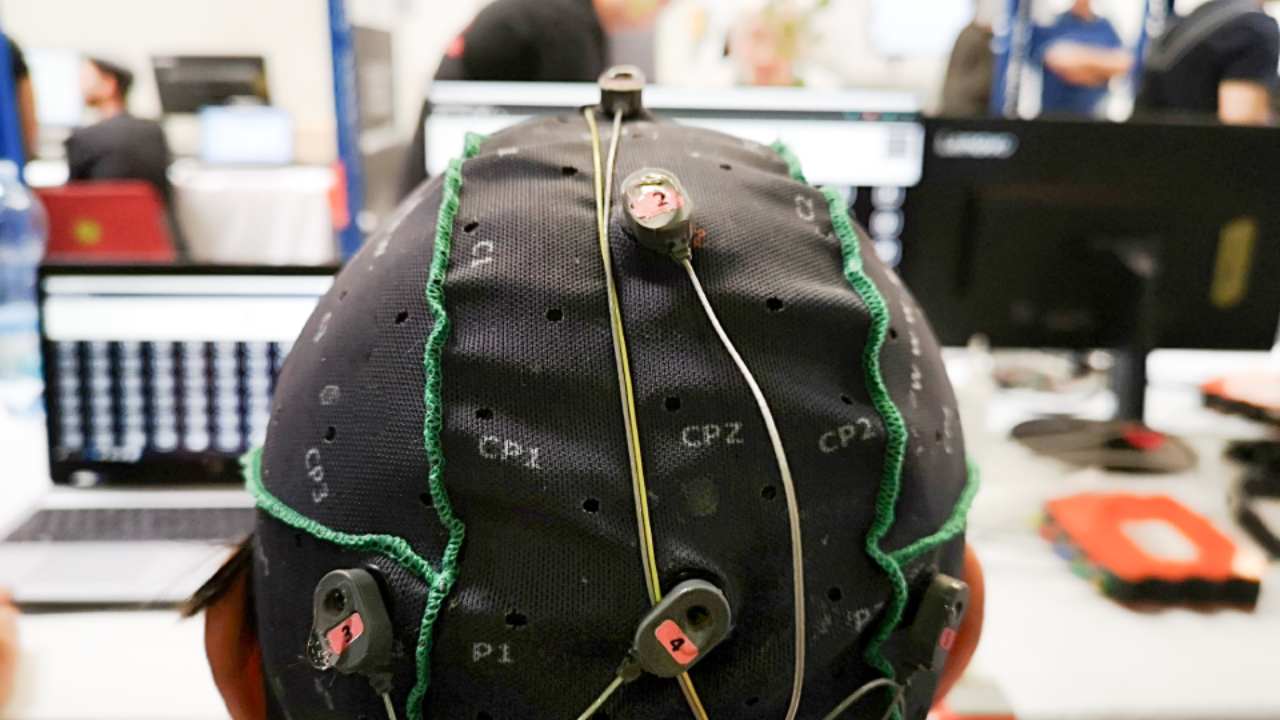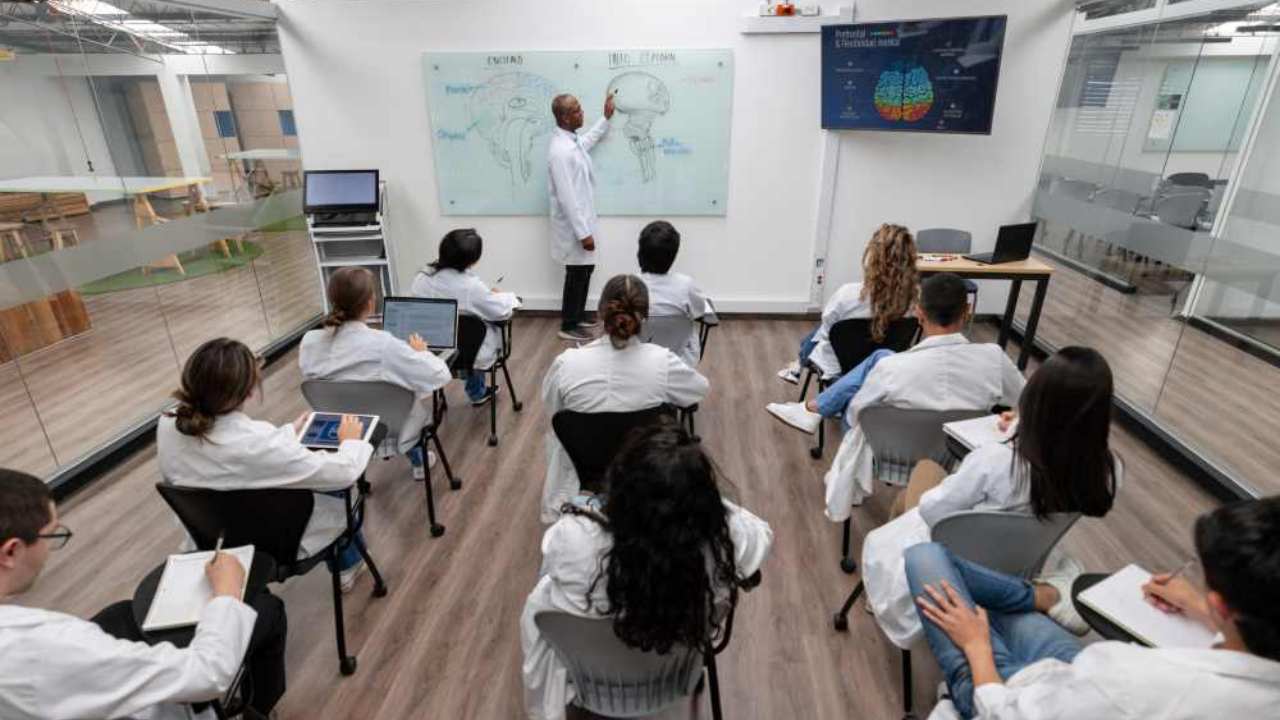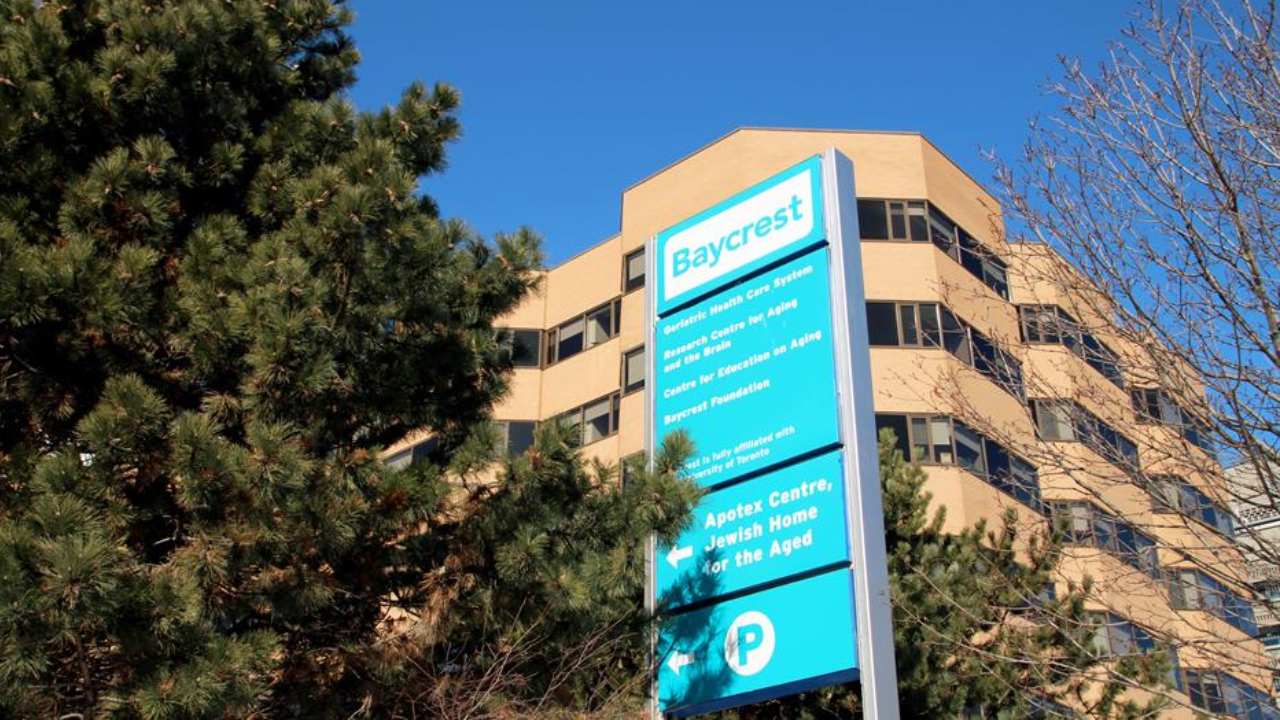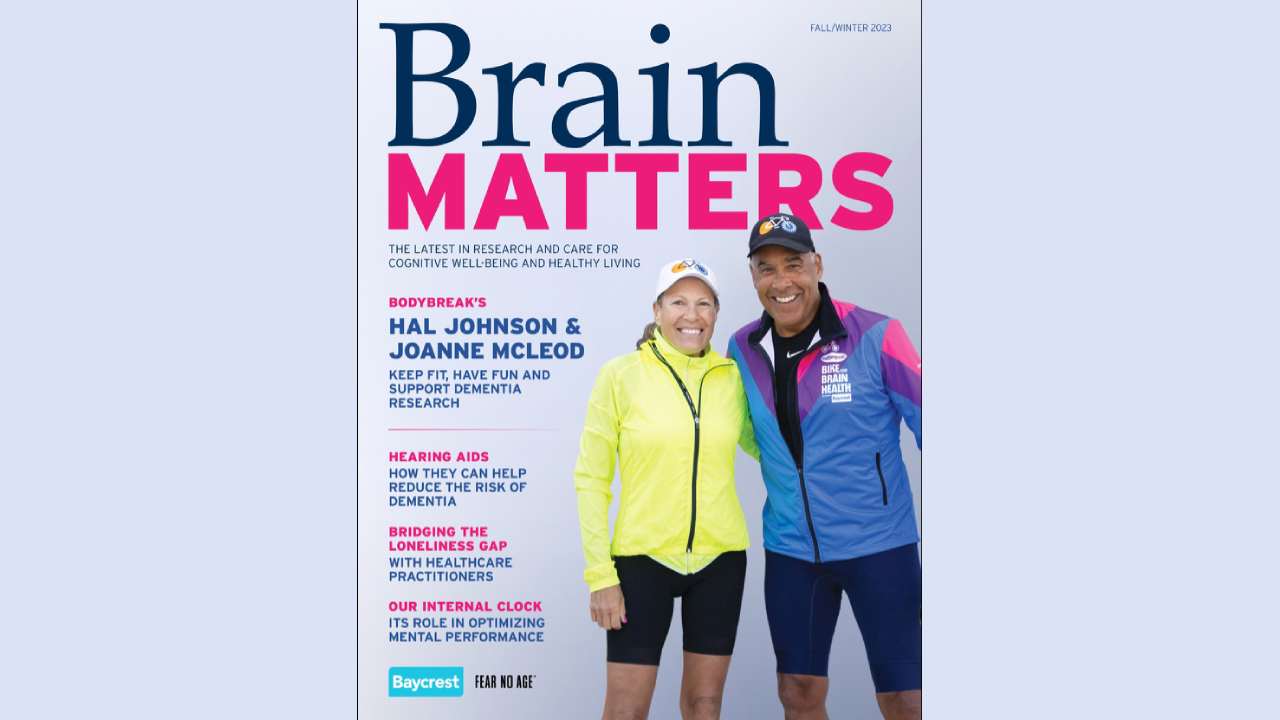
It took years of misdiagnoses before ET Canada host Cheryl Hickey finally got the answer to why her father didn’t seem to enjoy himself when he was away from home and always seemed anxious about directions.
Eventually, Cheryl’s dad, John Hickey, was diagnosed with a rare brain disorder, progressive supranuclear palsy. This degenerative condition causes dementia and does not have a known cause or cure.
“Anything with the brain, it’s a long process of elimination, and it’s really difficult for families,” says Cheryl. “One more family going through this is one too many. There are a lot of really incredible scientists and doctors coming up with wonderful innovations and treatments, and we need to put the gas on this.”
Cheryl and her husband, Kevin Foley, teamed up with Baycrest to help support the launch of the organization’s new Fear No Age™ brand campaign. This awareness and fundraising initiative is reimagining how Canadians approach ageing and brain health while supporting Baycrest’s efforts to defeat dementia. Funds raised will unlock breakthrough research into dementia and support Baycrest’s innovations in new care approaches and next-generation therapies.
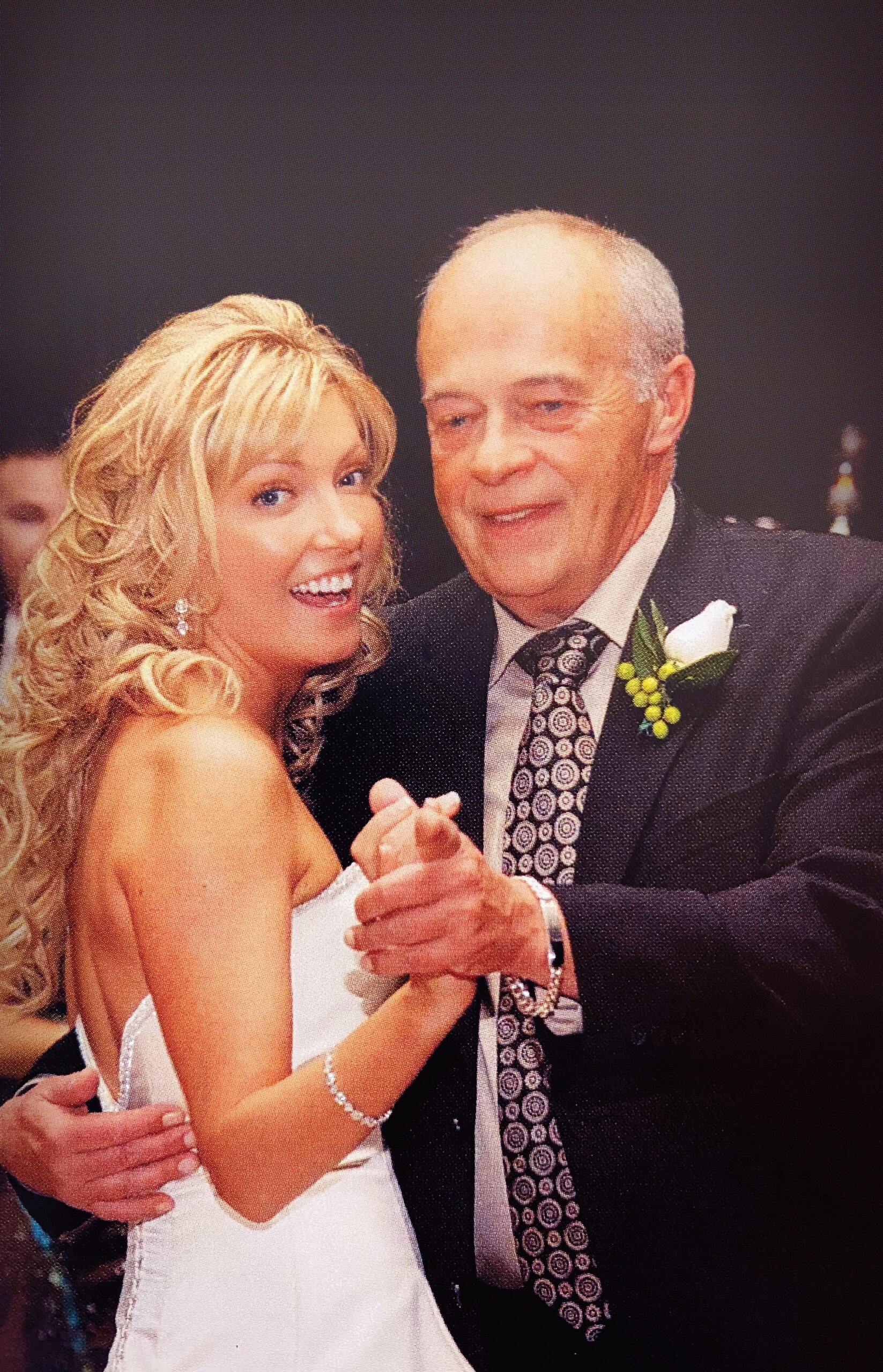
Cheryl Hickey with her father, John Hickey
When Foley, a director, read the script for Baycrest’s Fear No Age™ commercial, he knew he wanted to be part of the project, and offered his professional support, pro bono.
“Through this commercial, I want to help us get to the other side of dementia care, whatever step that is,” says Foley. “I wanted to treat this story with dignity, but also capture that it’s terrifying for families living through it. I wanted it to be a gut punch and be uncomfortable, but also establish that there’s hope. To be able to share Baycrest’s intention through research, not just domestically, but also globally, is something to get excited about.”
Why is it important to defeat dementia to help people Fear No Age™?
Cheryl has seen and felt the widespread effect of dementia, which goes beyond the person with the disease.
“Dementia impacts the person living with dementia, but also their kids, grandkids, society and the medical system,” she says. “There’s so much work that needs to be done. I’m excited about the research that’s going on right now to help people with brain diseases, and I’m optimistic that we will get more answers. I look forward to a future where the progression of the disease slows down and families can have more time together. Unfortunately [our family’s situation] has taken a nosedive, but for those who come after us on this journey, I hope they are able to have a better quality of life.”
As the campaign is shared with the public, Cheryl notes that it’s important people talk more openly about dementia and brain disease.
“It’s an incredibly isolating situation, and that needs to change,” says Cheryl. “My dad was a really proud man and for him, a lot of health-related topics were issues he didn’t want to talk about. It was my mom that got him the diagnosis that he needed so we could understand what was going on.”
Despite her dad’s situation, her family continues to be optimistic.
“People have a misconception that it’s incredibly hopeless, and there’s a feeling that you just give up,” says Cheryl. “But what people don’t know is that families don’t give up. They work hard to preserve what is there.”
Related Articles: People, Brain Matters




